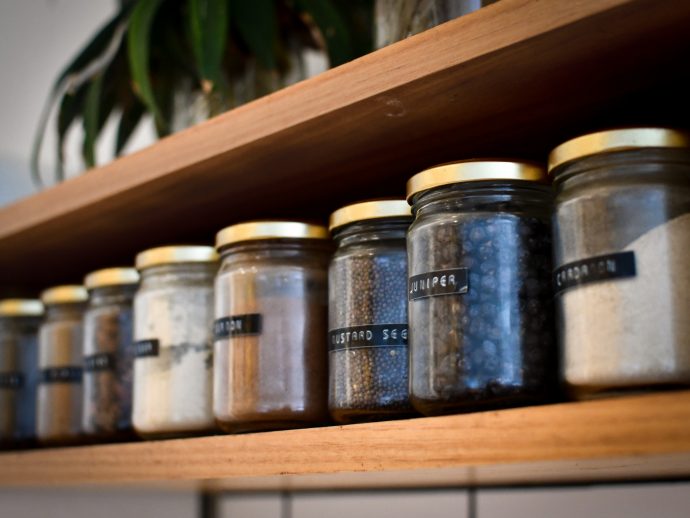
We’re using up earth’s resources much faster than they can be replenished, and recycling is a poor solution, as only 9 percent of plastic gets recycled. Plastic waste is poisoning our waterways, their inhabitants, and us.
If you’re looking for a way to be more eco-friendly (as well as save some money and live healthier), you may want to adopt a “Zero Waste” (ZW) lifestyle. To make things simple, here’s a month-long plan for getting started on your own journey: 31 steps (one per day) to low waste.
Here are some tips to get started.
- Use what you have! Don’t toss your old products to buy new “eco-friendly” ones. That likely means you’ll have to come back to several numbers on this 31-day plan at a later date—and that’s okay!
- Find what works for you—not everything will work for every person.
- Don’t get discouraged. In the words of Anne-Marie Bonneau (a.k.a. The Zero-Waste Chef), “We may never reach the zero in “zero waste” but that’s no reason to take zero action.”
Day |
Category |
Action |
Consider … |
| 1 | Planning | Set goals |
|
| 2 | Planning | Learn your recycling rules |
|
| 3 | On-the-go | Make an on-the-go kit |
|
| 4 | On-the-go | Prepare your lunches and snacks |
|
| 5 | On-the-go | Say no! |
|
| 6 | Bathroom | ZW bathroom products |
|
| 7 | Bathroom | ZW skin care |
|
| 8 | Bathroom | ZW hair care |
|
| 9 | Bathroom | ZW cosmetics |
|
| 10 | Bathroom | ZW period products |
|
| 11 | Bathroom | ZW oral care |
|
| 12 | Kitchen | ZW food storage |
|
| 13 | Kitchen | Evaluate your diet |
|
| 14 | Kitchen | Choose unpackaged produce |
|
| 15 | Kitchen | Go bulk shopping |
|
| 16 | Kitchen | Cook/bake something |
|
| 17 | Kitchen | Compost |
|
| 18 | Others | Rethink gifts |
|
| 19 | Others | Refuse junk mail |
|
| 20 | Others | ZW cleaning products |
|
| 21 | Others | ZW laundry products |
|
| 22 | Others | Visit your library |
|
| 23 | Others | Rethink paper products |
|
| 24 | New skills | Grow something |
|
| 25 | New skills | Repair something |
|
| 26 | New skills | Shop second-hand |
|
| 27 | New skills | Trade, barter, or borrow |
|
| 28 | New skills | Build your skills |
|
| 29 | Thinking bigger | Tell others |
|
| 30 | Thinking bigger | Help your community |
|
| 31 | Thinking bigger | Keep learning |
|
Written by Leah Payne

